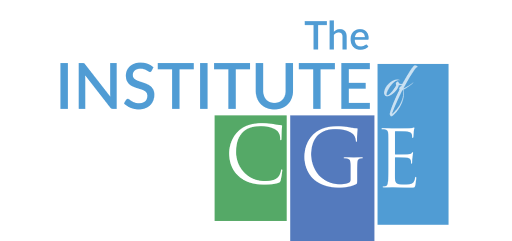Harm Reduction Conference
In May, The Institute, together with Rutgers University Center for Alcohol and Addiction Studies, sponsored a two day conference on Harm Reduction led by Dr. Andrew Tatarsky. An internationally recognized expert in his field, Dr. Tatarsky pioneered Integrated Harm Reduction Psychotherapy (IHRP). He’s also the founder of The Center for Optimal Living in New York City.
Traditionally, the goal of addiction treatment providers, encouraged by the Twelve Step program, was for the people who came for treatment to achieve and maintain abstinence from all substances. Since it was assumed that the treatment providers were the experts, and the people in treatment were there to be guided on the path to recovery, complete abstinence became the generally accepted definition of recovery.
Integrative Harm Reduction Psychotherapy represents a paradigm shift to a different dynamic. One in which the client is the expert. And the therapeutic alliance, the primary platform upon which change is built.
Harm Reduction practitioners understand that addiction is complex, driven by psychobiosocial factors that differ for every person. Research has shown that trauma often drives substance use, which then impacts brain and body. As social beings, no one lives happily in a vacuum. Social isolation often results in substance use. Ironically, substance use often leads to interpersonal conflict and more isolation. It can become a vicious circle.
Integrative Harm Reduction Psychotherapy meets the person where they are; there are seven therapeutic tasks - managing the (all important) therapeutic alliance, creating a personalized plan for positive change, goal setting, embracing ambivalence, assessment as treatment, enhancing self management skills and maintaining the understanding that the therapeutic relationship heals.
There is shame and stigma associated with substance use. IHRP stresses the dignity and agency of every person. To create an opportunity for intimate and in depth discussion for the treatment professionals, attendance at the conference was limited to 55 people.
Attendees represented a wide range of treatment providers — from large agencies known for a traditional approach to individual practitioners seeking to enhance their understanding of available treatment for substance use. During this two-day workshop, there were opportunities for role play, feedback and frank discussion of the challenges facing people in treatment. At the conclusion, Dr. Tatarsky praised the attendees as “New Jersey’s newest group of harm reduction therapists who will bring this work back to the many organizations they represented”.
Attendees represented a wide range of treatment providers — from large agencies known for a traditional approach to individual practitioners seeking to enhance their understanding of available treatment for substance use. During this two-day workshop, there were opportunities for role play, feedback and frank discussion of the challenges facing people in treatment. At the conclusion, Dr. Tatarsky praised the attendees as “New Jersey’s newest group of harm reduction therapists who will bring this work back to the many organizations they represented”.
Indeed we will.
